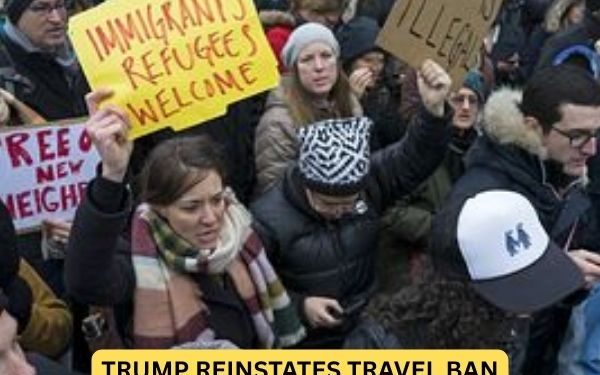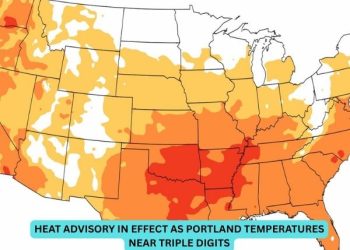NEW YORK — A new travel ban backed by former President Donald Trump has officially gone into effect, barring citizens of 12 countries from entering New York and the broader United States. The move, reinstated at 12:01 a.m., revives and expands what many have referred to as the “Trump Travel Ban.”
Nations Affected by the Ban
This Article Includes
The full ban prohibits entry for nationals from the following countries:
-
Afghanistan
-
Myanmar (Burma)
-
Chad
-
Republic of the Congo
-
Equatorial Guinea
-
Eritrea
-
Haiti
-
Iran
-
Libya
-
Somalia
-
Sudan
-
Yemen
According to a White House press release, the decision is part of an effort to “protect U.S. national security and public safety” by restricting the entry of individuals deemed to pose a risk of terrorism or instability.
“We will restore the travel ban—some people call it the Trump travel ban—and keep the radical Islamic terrorists out of our country,” said Trump in a statement. “It is the President’s sacred duty to ensure that those seeking to enter our country will not harm the American people.”
Partial Restrictions for Seven Countries
In addition to the full ban, partial travel restrictions have been imposed on travelers from seven additional nations:
-
Burundi
-
Cuba
-
Laos
-
Sierra Leone
-
Togo
-
Turkmenistan
-
Venezuela
These restrictions may involve limitations on specific visa categories or additional vetting procedures.
The White House clarified that lawful permanent residents, current visa holders, and individuals whose travel is deemed to be in the U.S. national interest may be exempt from the ban.
Do Not Travel Alerts Issued by the U.S. Government
The U.S. State Department has also updated its “Do Not Travel” list, with several countries currently flagged under Level 4 advisories, indicating an extreme risk to travelers. Notably, some of these countries overlap with the travel ban list.
Level 4: Do Not Travel
-
Somalia (May 14, 2025)
-
Venezuela (May 12, 2025)
-
Myanmar (Burma) (May 12, 2025)
-
Russia (May 8, 2025)
-
North Korea (April 29, 2025)
Background and Implications
The travel ban, first introduced in 2017 during Trump’s presidency, was later upheld by the Supreme Court in a 5–4 ruling. While modified and challenged in court over the years, the current reinstatement reflects a renewed emphasis on national security and immigration control.
Critics argue the policy discriminates against Muslim-majority and low-income nations and could hurt U.S. diplomatic relations and economic interests. Supporters claim it is a necessary safeguard against terrorism and foreign threats.
The implications of this policy extend to travelers, students, business professionals, and families from the affected nations. Immigration lawyers and advocacy groups have called for clarity and transparency in how the restrictions will be applied.
How Travelers Can Stay Informed
Travelers are urged to check the U.S. Department of State’s official travel advisory website and consult with immigration attorneys if they have concerns about visa status or entry eligibility.
For more details on travel advisories and restrictions, visit:








